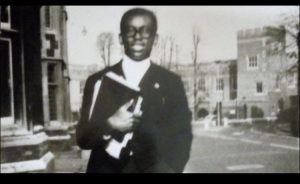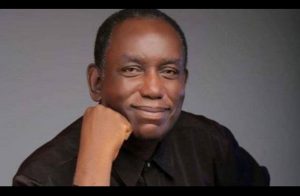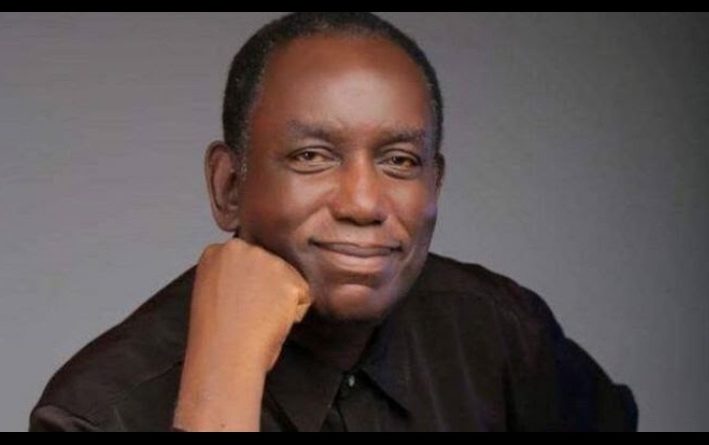Dillibe Onyeama: Racist Memoirs From Eton College.
Dillibe Onyeama Reveals the truth In Letters.
In BBC’s series of Letters from Africa, journalist Adaobi Tricia Nwaubani speaks to one of the first African students who graduated from one of UK’s prestigious colleges, Eton college.
She spoke about his experience of racism in the 1960s and 70s, and about his views on the current debate about apologizing for slavery and colonial-era statues.
It was during this interview that the former student by name Dillibe Onyeama, revealed the height of racism he had experienced as a black student during his time.
The only other black student at Eton College during that time, was an Ethopian Prince.
He arrived during Onyeama’s final year and Tokunbo Akintola, who left after two years, leaving Onyeama alone. Tokunbo Akintola was the first black person to be enrolled at Eton College.
Eton College.
Eton has a reputation for educating well known members of British society. These members include Prime Minister Boris Johnson, Archbishop of Canterbury Justin Welby and both the Duke of Cambridge and the Duke of Sussex.
Who is Dillibe Onyeama

Dillibe Onyeama is a Nigerian author and publisher. In 1969, he became the first Black person to graduate from the prestigious Eton College.
He wrote a book about his experiences of racism at Eton, Nigger at Eton. This resulted in the school under the then headmaster banning him from visiting the school.
The ban was lifted ten years later, when he was invited for a reunion. He had been too busy to attend.
He has written 28 books, including The Story of an African God. It is a biography of his late grandfather, Onyeama the Okuru Oha of Agbaja.
He was powerful and influential slave trader who became an ally of the British colonialists.
Revelations of a “Nigger at Eton”.

Onyeama began writing about his experiences at Eton while he was still a student. Onyeama stated that the inspiration to put down his own experiences at the age of 17, had come from a movie.
“I watched a movie in those days called Tom Brown’s School Days, where the hero was ragged very badly and roasted over a fire,” he said.
Onyeama’s book is still in print in Nigeria. He would retain the original title, Nigger at Eton, if it were republished in the UK, he insists.
“It is symbolic. I am a black author. I am using it,” he said.
When Onyeama performed poorly in academics or excelled in sports, the students attributed it to his race.
When he obtained seven O-level passes, the entire school was astounded. Because he was black.
They had asked time and time again how he did it. They went as far as accusing him of cheating.
The Apology to Dillibe Onyeama.
Onyeama recently received an apology from the school’s headmaster, Mr. Henderson. This apology came after BBC had asked for a comment on the news delivered.
In a statement, the headmaster said:
“We have made significant strides since Mr Onyeama was at Eton but – as millions of people around the world rightly raise their voices in protest against racial discrimination and inequality – we have to have the institutional and personal humility to acknowledge that we still have more to do.
The headmaster said that he would invite Onyeama to meet him in order to apologize in person and “to make it clear that he will always be welcome at Eton”.
“We must all speak out and commit to doing better – permanently – and I am determined that we seize this moment as a catalyst for real and sustained change for the better,” he added.
Mr Onyeama said he “felt appreciative, but it wasn’t necessary” for the school to an offer an apology.
He added, however, that the apology:
“compels the recognition that prejudice on the grounds of colour or race dehumanizes its victims in a way that ordinary forms of prejudice do not”.
About the Author

Chiziterem Chijioke is a creative writer, editor and a student of mass communication at Ajayi Crowther University. She has worked as a volunteer in Fresh Writers Community, a consultant for Pabpub and currently works as an editor for Creative Writing News. Chiziterem has authored four works and hopes publish them. She is purpose driven and passionate about writing.





Pingback: A Literary Analysis of Joseph Conrad’s Heart of Darkness And Its Influence On Chinua Achebe. - Creative Writing News